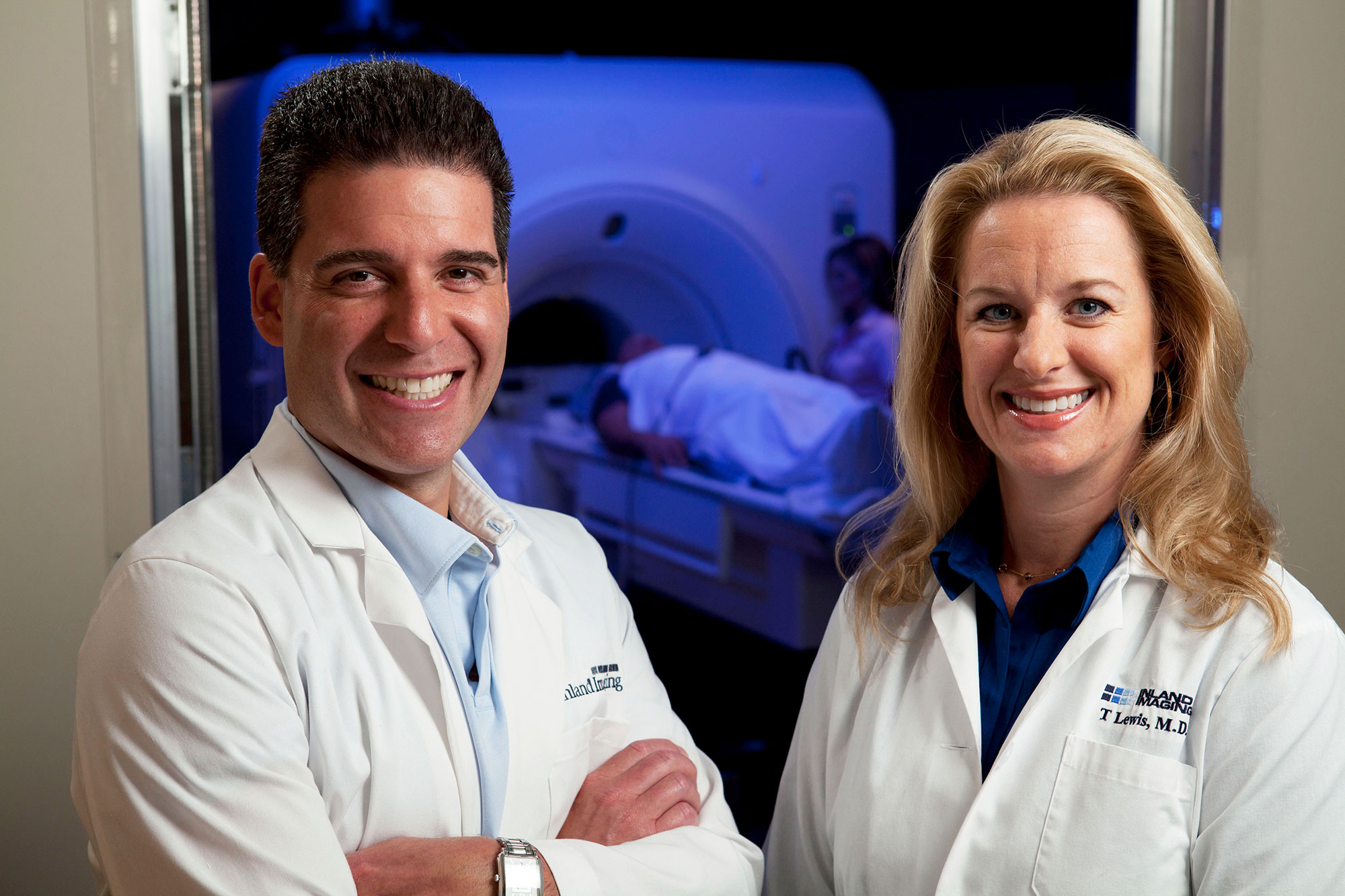WHAT IS A RADIOLOGIST?
A radiologist is a medical doctor who specializes in the diagnosis and treatment of disease and injury by using medical imaging technologies, such as MRI and CT.
Radiologists also treat diseases, such as cancer or heart disease, by means of radiation or minimally invasive, image-guided surgery. Radiologists are often able to see problems early by interpreting the results of your imaging study and can provide an accurate diagnosis to your referring physician.
Generally, a radiologist:
Acts as an expert imaging consultant to your referring physician
Directs radiology technologists (the specialists who operate the equipment) to ensure quality exams
Helps determine the appropriate imaging exam for your needs
Recommends further exams or other next steps in your treatment
Reviews and interprets the images from your exam
Provides your physician with a detailed report of your exam
What education does a radiologist have?
Radiologists graduate from accredited medical schools, pass a licensing exam, and complete a residency of at least four years of postgraduate medical education in such areas as radiation safety/protection, radiation effects on the human body, and interpretation of radiological and medical imaging exams.
Many radiologists also complete a fellowship, which includes one to two additional years of specialized training in a particular subspecialty of radiology.
What certifications do radiologist have?
All Inland Imaging radiologists are board certified by the American Board of Radiology or the American Osteopathic Board of Radiology. Inland Imaging’s facilities are also accredited by the American College of Radiology (ACR).
ACR accreditation ensures that the physicians supervising and interpreting your medical imaging meet stringent education and training standards. ACR accreditation also signifies that the imaging equipment is surveyed regularly by medical physicists to ensure that it is functioning properly, and that the technologists administering your tests are certified by the appropriate organization.
What a radiologist for my imaging exam?
As a medical doctor who specializes in diagnosing and treating disease and injury by using medical imaging techniques, and after having completed at least 13 years of training, including medical school, licensing, a four-year residency, and often a one- to two-year fellowship of specialized training, your radiologist is THE expert in medical imaging.
Radiological procedures are medically prescribed and should only be conducted by appropriately trained and certified physicians under medically necessary circumstances. Radiologists have four to six years of post-medical school training in radiation safety to ensure optimal performance of radiological procedures and interpretation of medical images. Other medical specialties mandate far less imaging education, ranging from a few days to a maximum of 10 months.
What are the tools of a radiologist?
X-ray is a form of electromagnetic radiation that is passed through the body to create a 2-D image of a body part or region. X-ray is especially useful in detecting muscle or bone problems. A mammogram is a common example of X-ray technology.
Computed tomography (CT) uses X-rays and sophisticated computer technology to produce a series of 2-D images and/or to generate a 3-D image of a part of the body. CT scans are widely used for a variety of medical situations, such as detecting cancer, heart disease, and aneurysm.
Magnetic resonance imaging (MRI) uses a powerful magnetic field to produce detailed pictures of organs, soft tissue, bones, and other internal body parts. MRI is especially useful in detecting nervous system, joint, heart, and cancer-related diseases.
Ultrasound uses high-frequency sound waves and computer technology to generate “real-time” images of the body. Ultrasound is often used in obstetric and breast imaging care
Can I speak with my radiologist?
Absolutely! Your radiologist is available to you and your referring physician in choosing the proper exam, interpreting the resulting medical images, and in using test results to recommend further examinations or treatments.
How can I ensure the quality of my exam?
At Inland Imaging, you can expect the highest level of quality, expertise and care.

